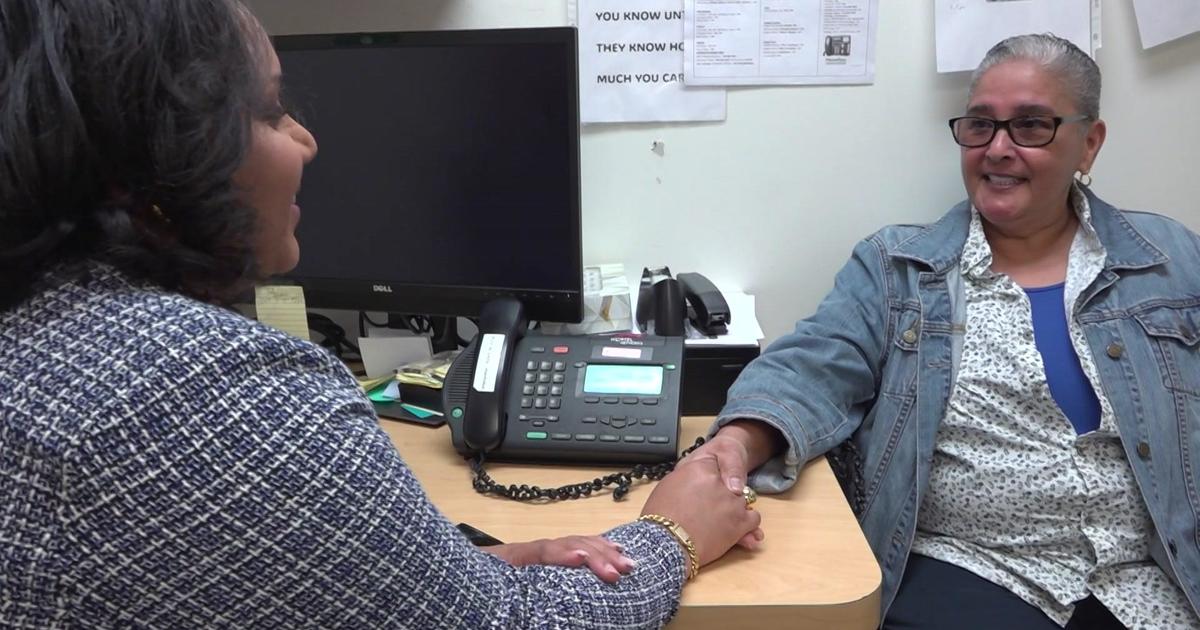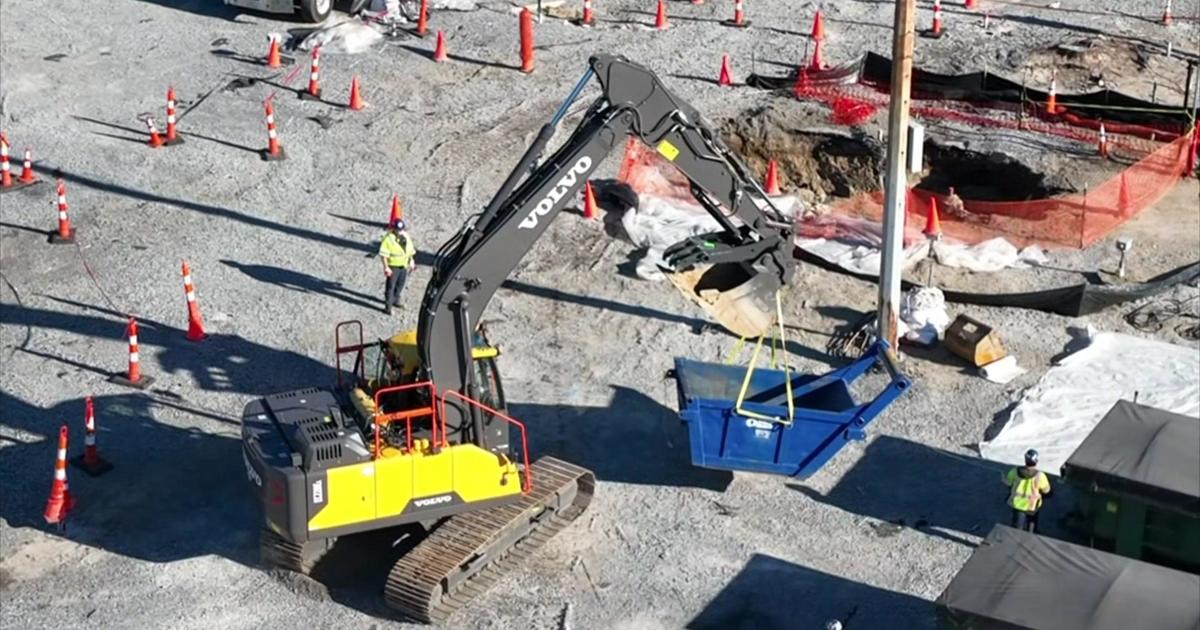Generation 'H': Law Enforcement Looks To Amend Overdose Legislation
By 1010WINS.com Reporter Rebecca Granet
TOMS RIVER, N.J. -- Toms River Police Chief Mitchell Little says there's no trend when it comes to heroin use. It's happening at any time of day, any day of the week.
"Whenever that high wears off, they need another one," he said. "We're anywhere from addicts doing 10 bags a day just to keep the pain away, up to 70 bags a day."
When that results in an overdose, emergency responders are often called to administer Narcan, which can reverse the effects of heroin on the body. Nassau County PBA President James Carver said the number of calls for heroin overdoses has almost quadrupled since their officers were trained to use Narcan in 2014. According to New Jersey's Office of the Attorney General, law enforcement and EMS administered Narcan 6,548 times in 2015, which was its first full year of use. Ocean County accounts for 624 of those deployments.
"We've had people that have literally been 'Narcanned' in excess of five to 10 times," Little said. "We are criticized sometimes, like how many times are you going to Narcan somebody? I said well what do you want us to do? Do you want us to put hash marks on their arm [for] how many times we Narcan them and after five times we don't Narcan you anymore? No. So we're going to keep doing [it]."
While most law enforcement officials agree Narcan saves lives, some also view it as an 'enabler,' or a 'safety net,' because those who want to abuse drugs know in many cases, Narcan will bring them back from an overdose.
On Sept. 2, 2015, Toms River Patrolman Kyle Zangara says a driver used heroin directly before operating a car. At some point the driver became unconscious and lost control of the vehicle. It crashed into a house in Toms River, New Jersey. Zangara administered Narcan to the overdose victim. He survived. Zangara describes Narcan as "impressive," because he says it has the ability to bring a person who appears dead "magically" back to life.
"What's strange is that some of these kids, it's time after time," said Carver. "It's almost like a game. Narcan is administered, and then they refuse any additional medical attention, and then you find yourselves a few weeks later going back to the same house."
New Jersey and New York both have Good Samaritan Laws pertaining to overdoses. According to a directive from New Jersey's Acting Attorney General, the Garden State's Overdose Prevention Act states in part that the law "provides legal protection in the form of immunity from arrest, prosecution, or conviction for a use or simple possession drug charge when a person, in good faith, seeks medical assistance for him/herself or for another."
Chief Little says he understands the need for the act but shares the concerns of others in law enforcement over one of the unintended consequences of the legislation. Little says once the effects of the drug are reversed, the person can refuse to go to the hospital, leaving the officers unable to offer any form of short- or long-term medical treatment options, and with their hands tied from a law enforcement perspective.
"The [Overdose Prevention Act] law doesn't allow for somebody when they refuse treatment, to be prosecuted," Little said.
He cites the amount of times his officers have had to administer Narcan to the same individual as a reason to amend the act. The chief would like lawmakers to insert a clause that says if an overdose victim is saved by Narcan and refuses further medical treatment, that person can be arrested and prosecuted. Immunity as outlined in the act would only take effect for the abuser if the individual accepts further treatment. Little believes that will make a user think twice before turning down the additional medical attention.
"From what I'm seeing, what I see the officers having to deal with on the street and what I've seen the parents dealing with, I think it's the only way to go," Little said. "There has to be some kind of consequence."
Carver agrees that something more has to be done.
"There's got to be a program set up," he said. "It's not that you just save somebody and you just leave them there, there's got to be a follow-up program. Obviously there has to be a will on the part of that abuser, but that's where you need family to support and you need peer support to help this individual try to recover from that."
Narcan has helped provide some users with multiple chances at life, but New Jersey State Police Captain Juan Colon says it is a "temporary solution to the problem."
"Long-term treatment and recovery is the key to our current situation," he said.
When 1010WINS.com contacted New Jersey Sen. Loretta Weinberg regarding Little's suggestion, she was surprised to learn that overdose victims saved by Narcan can refuse further medical treatment. Weinberg said she is looking into the issue to determine if the act should be amended.
In upstate New York, Ithaca's mayor is exploring an idea that was once unthinkable. Mayor Svante Myrick is proposing his city host the nation's first supervised injection facility, allowing heroin users to shoot illegal drugs into their bodies under the care of a nurse without getting arrested by police.
"This part of the plan is about keeping people alive, helping them get treatment, helping them get better, but in the meantime making sure that they live long enough to get that treatment," Myrick told 1010 WINS.
There are similar facilities in Canada, Europe, and Australia.
NEXT SECTION | RETURN TO MAIN PAGE | MORE GENERATION 'H' ARTICLES



